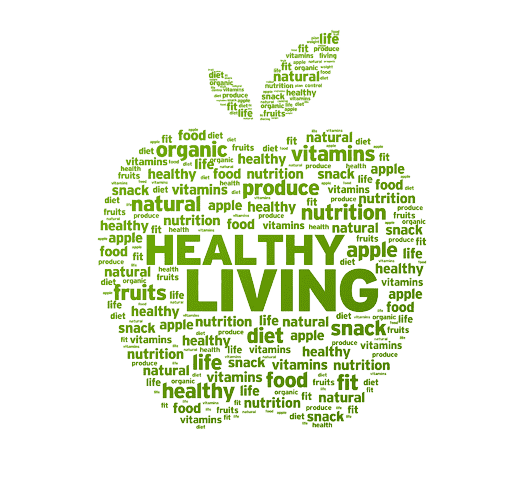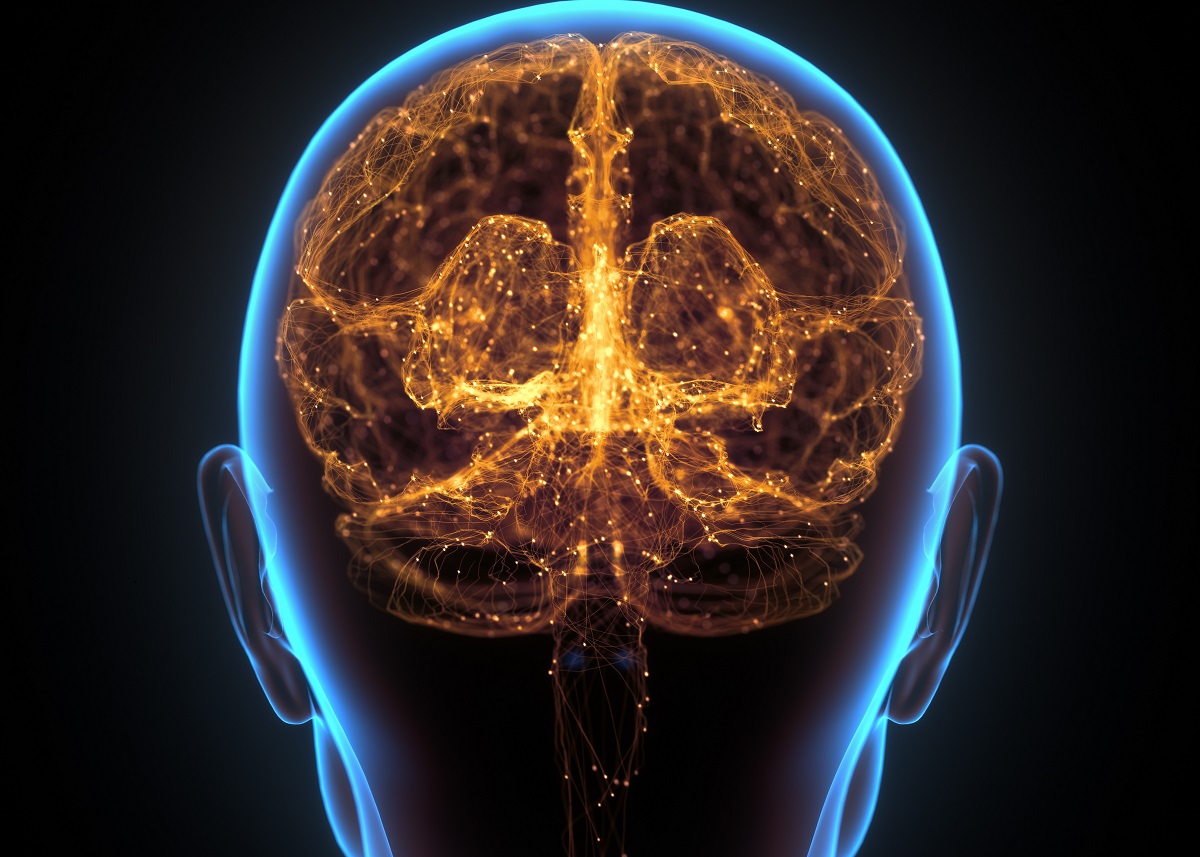In the pursuit of a healthy and vibrant mind, it is essential to prioritize brain health and longevity. Lisa Mosconi, PhD, a renowned neuroscientist and neuro-nutritionist, specializes in women’s brain health and serves as the director of the Alzheimer’s Prevention Program at Weill Cornell Medicine in New York City. With her expertise in neurology, neuroscience, radiology, and women’s health, Dr. Mosconi offers valuable advice for nurturing and sustaining female brain health as we age. This comprehensive guide highlights three key recommendations from Dr. Mosconi that can help individuals maintain cognitive function and well-being.
Regular Health Screenings: Monitoring Overall Health:
Dr. Mosconi emphasizes the importance of additional health screenings beyond the commonly recommended mammograms, Pap smears, and colonoscopies for women. Blood work and cognitive testing play vital roles in assessing overall health and brain function. Comprehensive blood work, including lipid and metabolic markers, can provide valuable insights into cardiovascular and metabolic health. Lipid panel tests, which measure total cholesterol, LDL (low-density lipoprotein) cholesterol, and HDL (high-density lipoprotein) cholesterol, help evaluate the risk of cardiovascular disease and stroke. Monitoring triglyceride levels is also important to prevent inflammation, obesity, and metabolic dysregulation.
In addition to lipid markers, assessing metabolic markers like glucose, insulin, and hemoglobin A1C is crucial. These markers provide valuable information about metabolic health and its impact on brain health. Many individuals in the country are pre-diabetic or insulin-resistant without realizing it, which can lead to adverse effects on the heart, body, and brain. Lifestyle adjustments and modifications, guided by these test results, can effectively address and even reverse metabolic issues.
Furthermore, cognitive testing establishes a baseline for future comparisons and helps detect early changes in cognitive function. By regularly undergoing cognitive assessments, individuals provide their doctors with a strong baseline for evaluating potential cognitive decline. These screenings are especially valuable when conducted during periods of good health or when initial changes in cognitive function are noticed.
References:
- National Institutes of Health. (2020). Blood Tests: What Do the Results Mean? Retrieved from https://www.nia.nih.gov/health/blood-tests-what-do-results-mean
- National Institute of Diabetes and Digestive and Kidney Diseases. (2020). Hemoglobin A1C Test. Retrieved from https://www.niddk.nih.gov/health-information/diagnostic-tests/hemoglobin-a1c-test
- Nutrient-Dense Diet: Nourishing the Brain (250 words): A crucial aspect of maintaining brain health is adopting a nutrient-dense diet. Dr. Mosconi emphasizes the importance of consuming whole foods while avoiding processed options that can be detrimental to metabolic, cardiovascular, and brain health. Processed foods often contain harmful additives, trans saturated fats, and excessive sugar, which contribute to an increased risk of dementia and other health issues.
To optimize brain health, individuals should focus on consuming a variety of nutrient-dense foods. Dr. Mosconi recommends cutting out processed foods, including trans saturated fats, fast food, and packaged foods that do not come directly from nature. These processed foods often contain chemicals, fillers, and emulsifiers that are potentially harmful to metabolic, cardiovascular, and brain health.
Instead, individuals should prioritize whole foods, particularly plant-based options. The healthiest diets emphasize plants because they provide essential nutrients crucial for overall health. Vitamins, minerals, and phytonutrients found predominantly in plant-based foods support the immune system, heart health, brain function, and liver health. Leafy greens, cruciferous vegetables like cauliflower and broccoli, as well as kale, spinach, lettuces, and various fruits, are excellent choices for their nutrient density.
The Mediterranean diet, renowned for its health benefits, is one of the most researched dietary patterns. A greener version of the Mediterranean diet, which further emphasizes plant-based foods, deserves attention. While a complete shift to a vegan or vegetarian diet is not necessary, incorporating an adequate amount of plant-based foods, especially leafy greens and cruciferous vegetables, can significantly contribute to brain health. Access to fresh, local, and organic whole foods may be a concern for some individuals, but making the best choices within one’s means is essential.
References:
- Harvard Health Publishing. (2021). Processed Foods: Where is all that salt, sugar, and fat coming from? Retrieved from https://www.health.harvard.edu/staying-healthy/processed-foods-where-is-all-that-salt-sugar-and-fat-coming-from
- National Institute on Aging. (2021). Healthy Eating. Retrieved from https://www.nia.nih.gov/health/healthy-eating
- Meditation for Sleep and Stress Management: Enhancing Cognitive Well-being (250 words): Sleep quality and stress management play crucial roles in maintaining cognitive health. Dr. Mosconi emphasizes the significance of addressing these factors, particularly for women experiencing menopause. Chronic stress and lack of sleep can adversely affect hormonal production during menopause and contribute to memory changes and brain shrinkage.
Research has shown that chronically high cortisol levels, associated with stress, are linked to memory changes. Memory decline is observed in both men and women during midlife, while brain shrinkage specifically affects women. Stress reduction techniques, therefore, should be incorporated into medical workups to promote overall well-being.
Meditation, an often underrated practice in medicine, has been found to have a positive effect on the brain and general well-being. Regular meditation has been shown to improve blood flow to the brain, reduce cortisol levels, and support mood and stress management in women. While some meditation techniques may appear complex or require specialized training, there are shorter and simpler options accessible to anyone.
Dr. Mosconi recommends Kirtan Kriya, a meditation technique originating from Kundalini yoga. It involves chanting the word “satanama” for 12 minutes while performing finger tapping. Kirtan Kriya can be easily practiced with the help of online resources like Spotify or YouTube. Consistent practice over a few months has shown promising results in clinical trials, including improved blood flow, reduced cortisol levels, and enhanced overall mood and stress management.
References:
National Center for Complementary and Integrative Health. (2020). Meditation: In Depth. Retrieved from https://www.nccih.nih.gov/health/meditation-in-depth
Prioritizing brain health is crucial for maintaining cognitive function and overall well-being. By following the expert advice of Dr. Lisa Mosconi, which includes regular health screenings, adopting a nutrient-dense diet, and incorporating stress reduction techniques like meditation, individuals can takeproactive steps towards preserving their cognitive abilities and enjoying a vibrant and fulfilling life. Regular health screenings provide valuable insights into cardiovascular and metabolic health, while cognitive testing establishes baselines for future comparisons. A nutrient-dense diet, with a focus on whole, plant-based foods, provides essential nutrients for optimal brain function. Incorporating stress reduction techniques like meditation helps manage cortisol levels and promotes better sleep and overall well-being. By integrating these recommendations into daily life, individuals can nurture and sustain their cognitive health well into old age.
Overall, maintaining cognitive health requires a holistic approach that encompasses physical, mental, and emotional well-being. By incorporating the advice of experts like Dr. Lisa Mosconi and adopting healthy lifestyle practices, individuals can empower themselves to hold on to their marbles and live a fulfilling life with a sharp and healthy mind.
References: National Institutes of Health. (2020). Blood Tests: What Do the Results Mean? Retrieved from https://www.nia.nih.gov/health/blood-tests-what-do-results-mean National Institute of Diabetes and Digestive and Kidney Diseases. (2020). Hemoglobin A1C Test. Retrieved from https://www.niddk.nih.gov/health-information/diagnostic-tests/hemoglobin-a1c-test Harvard Health Publishing. (2021). Processed Foods: Where is all that salt, sugar, and fat coming from? Retrieved from https://www.health.harvard.edu/staying-healthy/processed-foods-where-is-all-that-salt-sugar-and-fat-coming-from National Institute on Aging. (2021). Healthy Eating. Retrieved from https://www.nia.nih.gov/health/healthy-eating National Center for Complementary and Integrative Health. (2020). Meditation: In Depth. Retrieved from https://www.nccih.nih.gov/health/meditation-in-depth





